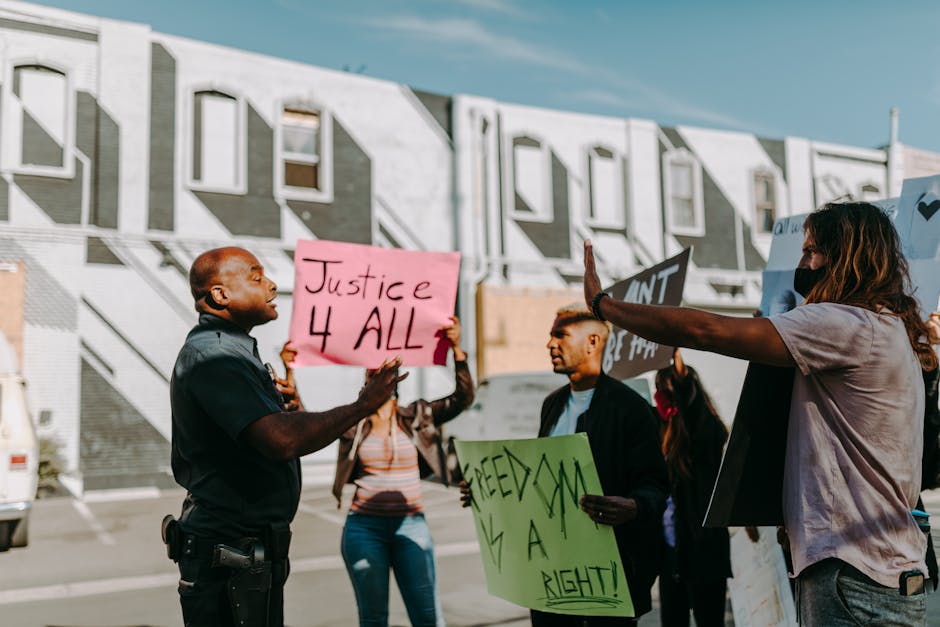A recurring consequence of protracted political struggles is the erosion of trust. This corrosive effect begins with the fracture of established norms and institutions. When political adversaries consistently resort to deception, manipulation, and violence, the very foundations of a shared societal contract weaken. Citizens lose faith in the ability of their government to represent their interests, leading to widespread apathy and cynicism. This erosion of trust permeates all aspects of public life, hindering cooperation and hindering the implementation of crucial policies. Political leaders find it increasingly difficult to garner support for necessary reforms, resulting in societal stagnation.
Economic instability is another significant long-term fallout of political strife. Civil wars, revolutions, and prolonged political disputes divert valuable resources from productive activities. Infrastructure is damaged, investment dries up, and businesses are disrupted. The insecurity created by conflict discourages foreign investment, leading to stunted economic growth and a decline in overall prosperity. This economic deprivation often exacerbates existing inequalities, pushing vulnerable populations further into poverty and creating a breeding ground for social unrest. Furthermore, the cost of conflict, including the provision of humanitarian aid and post-conflict reconstruction, places a tremendous burden on the nation’s fiscal resources.
Beyond the economic realm, the long-term consequences encompass social structures and cohesion. Political violence frequently leads to the displacement and persecution of specific groups, sowing the seeds of lasting resentment and inter-communal animosity. Trauma and psychological distress are often widespread among survivors of violence, impacting mental health and social well-being for generations. Political polarization can fracture communities, making it difficult to address shared concerns and build bridges across opposing viewpoints. The emergence of extremist ideologies often exploits these tensions, exploiting social divisions to pursue radical agendas.
International relations are also significantly affected by prolonged internal political conflicts. These conflicts frequently escalate into regional or global conflicts, with devastating implications for international stability. The presence of a troubled nation on the world stage can embolden other actors, potentially disrupting established alliances and fostering international tensions. Nations embroiled in conflict are often unable to contribute effectively to the global community’s efforts in addressing critical issues like climate change and global poverty. In these situations, international efforts to aid and rebuild are often met with political obstacles, hindering the potential for peaceful resolutions.
Moreover, the legacy of past political conflicts can manifest as lingering political instability. The fragile peace after a civil war, for example, can be susceptible to resurgence of conflict due to unresolved grievances and power vacuums. A poorly managed transition to democracy can lead to autocratic rule, or a lack of political institutions that can effectively address the needs of the populace. These unstable environments can become breeding grounds for extremism, undermining the progress of democratic processes and potentially igniting new conflicts.
A noteworthy aspect of long-term consequences is their impact on future generations. Children growing up during periods of intense political conflict may carry the psychological scars of their experiences for a lifetime. Exposure to violence and instability can affect their cognitive development, social adjustment, and emotional well-being. They may also inherit a deeply ingrained distrust of political processes, potentially hindering their active participation in shaping their nation’s future. These factors can contribute to a cycle of political dysfunction and conflict that repeats itself across successive generations.
In conclusion, the consequences of political conflicts are multifaceted and long-lasting. They permeate economic systems, fracture social cohesion, and destabilize international relations. The effects extend well beyond the immediate aftermath of conflict, shaping the trajectory of nations for decades or even centuries. Understanding these long-term consequences is crucial for fostering conflict resolution, promoting stability, and building resilient societies. It underscores the necessity of preventative measures, fostering dialogue, and building institutions that can mediate and resolve disputes peacefully. A focus on reconciliation, accountability, and the empowerment of citizens are vital steps towards breaking the cycle of conflict and constructing a brighter future for all.
